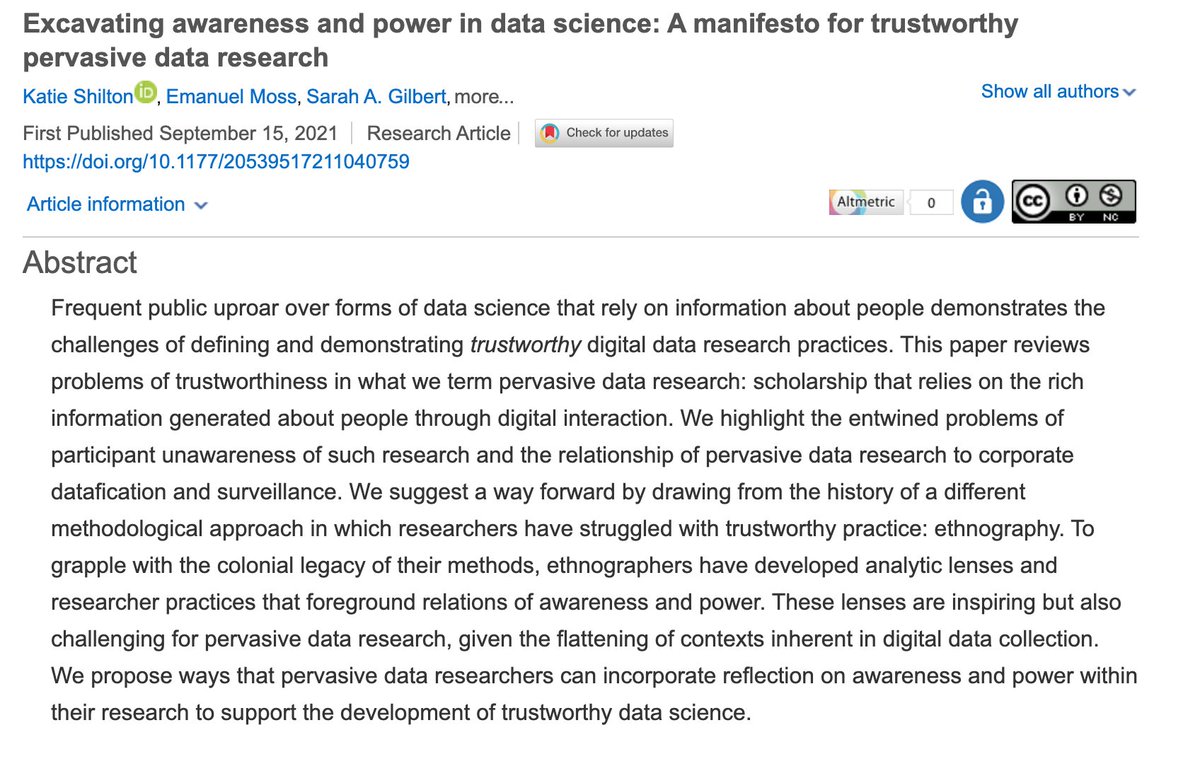
I'm "teaching" a highly condensed version of my tech ethics & policy class on TikTok. Here's all the videos I made for the week on traditional ethical theory featuring "should Batman kill the Joker?" and ending with COVID-related moral messaging: instagram.com/tv/CT0epClhQRO/
You can follow along with this experiment to "teach a class on TikTok" here! Links to videos along with readings. I'm keeping pace with the actual @CUBoulder class I'm teaching. Apparently 2.5 hours of in-class time becomes 8 minutes of video. :) bit.ly/caseysclass
(I was going to just post the combined-topic longer videos on Twitter, but apparently Twitter has a 2 minute video length limit! So trying out Instagram TV instead, hopefully that works ok!)
Also I hope that the reading list is helpful for others - and I'm always trying to improve for my "real" class. For the "ethical foundations" topic, shout-out to @profmdwhite for the Avengers chapter. Also an addition this year I love - @sabelonow's work on Ubuntu and AI ethics.
FAQ: Is this anything like teaching a real class?
No, not at all, and nor can it be, at least not on TikTok. The two biggest challenges are that even people who follow me get content fed to them out of order, and there is a 150 character limit on comments so dialog is difficult.
No, not at all, and nor can it be, at least not on TikTok. The two biggest challenges are that even people who follow me get content fed to them out of order, and there is a 150 character limit on comments so dialog is difficult.
This is basically just a way to structure topic-based videos that I might make anyway, so lots of stuff will be left out, especially nuance. But it's an interesting challenge to think about what 60-second soundbite is the essence of a particular topic. Bonus if it's clickbaity.
• • •
Missing some Tweet in this thread? You can try to
force a refresh







